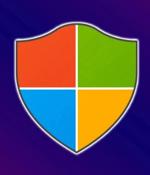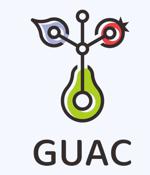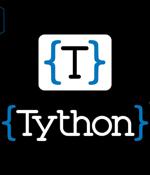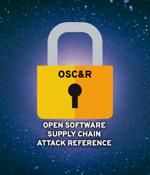Security News

New findings show that malicious actors could leverage a sneaky malware detection evasion technique and bypass endpoint security solutions by manipulating the Windows Container Isolation Framework. Microsoft's container architecture uses what's called a dynamically generated image to separate the file system from each container to the host and at the same time avoid duplication of system files.

A consortium led by Splunk and AWS are hoping to fix this by standardizing how events are noted in logs, reducing the burden on security teams to decipher alerts they receive from multiple tools and vendors. Last week at Black Hat, security vendor Splunk announced the general availability of the Open Cybersecurity Schema Framework.

As cloud adoption pervades, one of the bigger security and privacy challenges for cloud service customers is having to relinquish a significant amount of control and ownership of their data and infrastructure to cloud service providers. Every CSP will implement security differently and every cloud model will have varying degrees of security control ownership, which is why it might be difficult for them to meet all security requirements.

A critical security vulnerability has been disclosed in the Open Authorization implementation of the application development framework Expo.io. API security firm Salt Labs said the issue rendered services using the framework susceptible to credential leakage, which could then be used to hijack accounts and siphon sensitive data.

Google on Wednesday announced the 0.1 Beta version of GUAC for organizations to secure their software supply chains. GUAC aims to aggregate software security metadata from different sources into a graph database that maps out relationships between software, helping organizations determine how one piece of software affects another.

Security teams must adopt automation and incorporate security measures into code to keep up with the quickly evolving software development. Tython allows security teams to build custom security reference architectures and design patterns as code.

OSC&R is an open framework for understanding and evaluating software supply chain security threats. Spearheaded by OX Security, OSC&R is a MITRE-like framework designed to provide a common language and structure for understanding and analyzing the tactics, techniques, and procedures used by adversaries to compromise the security of software supply chains.

High-profile government entities in Southeast Asia are the target of a cyber espionage campaign undertaken by a Chinese threat actor known as Sharp Panda since late last year. The intrusions are characterized by the use of a new version of the Soul modular framework, marking a departure from the group's attack chains observed in 2021.

The U.S. Cybersecurity & Infrastructure Security Agency has added CVE-2022-36537 to its "Known Exploited Vulnerabilities Catalog" after threat actors began actively exploiting the remote code execution flaw in attacks. CVE-2022-36537 is a high-severity flaw impacting the ZK Framework versions 9.6.1, 9.6.0.1, 9.5.1.3, 9.0.1.2 and 8.6.4.1, enabling attackers to access sensitive information by sending a specially crafted POST request to the AuUploader component.

The U.S. Cybersecurity and Infrastructure Security Agency has added a high-severity flaw affecting the ZK Framework to its Known Exploited Vulnerabilities catalog based on evidence of active exploitation. Tracked as CVE-2022-36537, the issue impacts ZK Framework versions 9.6.1, 9.6.0.1, 9.5.1.3, 9.0.1.2, and 8.6.4.1, and allows threat actors to retrieve sensitive information via specially crafted requests.